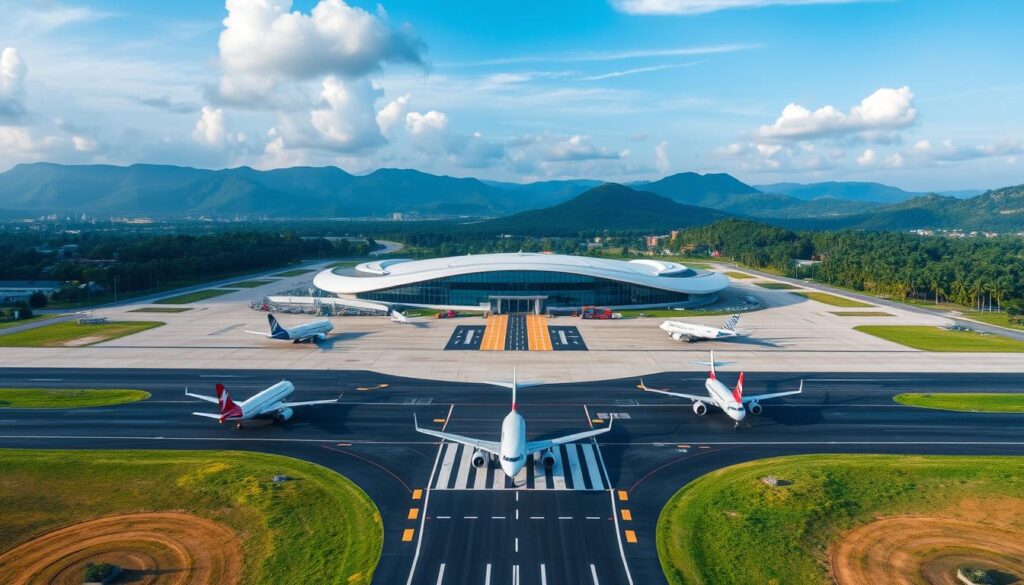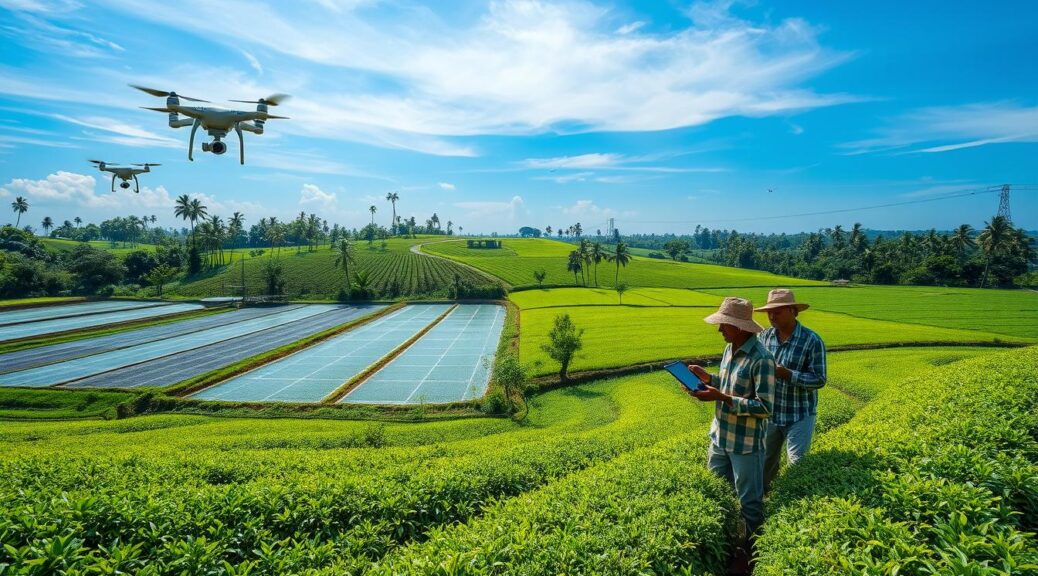Sri Lanka’s ISF Partners with Indonesia’s NICO COCO
Sri Lanka’s ISF and Indonesia’s NICO COCO have formed a strategic partnership. They signed a Memorandum of Understanding at the INASCA Business Forum in Jakarta. This collaboration aims to advance technology and develop value chains in coconut processing.
ISF offers innovative solutions for coconut and dairy processing companies. They focus on reducing costs through improved productivity and automation. Their AI-powered solutions enable real-time management information and cost savings.

NICO COCO, part of an Indonesian conglomerate, will benefit from this partnership. ISF will design modern coconut processing plants for them. This collaboration is expected to boost NICO COCO’s production capacity and efficiency.
The partnership aims to reshape Indonesia’s coconut processing industry. ISF plans to become a leading solutions provider in Southeast Asia. Their combined expertise will drive innovation in the sector.
This agribusiness partnership holds great potential for both companies. It’s set to improve value chain development and set new industry standards. The collaboration will benefit the entire coconut processing industry in the region.
ISF and NICO COCO Sign Groundbreaking MoU for Coconut Processing
Sri Lanka’s ISF and Indonesia’s PT. Natural Indococonut Organik (NICO COCO) have signed a pivotal agreement. The MoU, signed on October 7, 2024, aims to transform coconut processing in Indonesia. ISF will bring its expertise to design cutting-edge facilities for NICO COCO.
ISF is a leading engineering solution provider for coconut and dairy processing in Sri Lanka. Their experience will be crucial in the Indonesian market. The collaboration will focus on designing advanced coconut processing plants.
These plants will incorporate sustainable farming practices and modern technologies. The goal is to optimize production of high-quality tropical crops for export opportunities.
Leading Sri Lankan Company to Design State-of-the-Art Facilities for Indonesian Manufacturer
This partnership is a major milestone in the coconut industry. It combines ISF’s expertise with NICO COCO’s manufacturing prowess. ISF will design custom facilities to boost efficiency, quality, and sustainability in Indonesia’s coconut processing.
Partnership Witnessed by Indonesian Ambassador to Sri Lanka Dewi Gustina Tobing
Indonesian Ambassador to Sri Lanka, Dewi Gustina Tobing, witnessed the MoU signing. Her presence highlights the partnership’s importance for both countries. This collaboration is set to create new opportunities in the coconut industry.
It’s expected to strengthen trade, investment, and knowledge exchange between Sri Lanka and Indonesia. The partnership marks a new chapter in bilateral relations within the coconut sector.
Sri Lanka’s ISF Brings Expertise to Indonesia’s NICO COCO Coconut Processing
ISF, a Sri Lankan company, is set to transform Indonesia’s coconut processing sector. They’ve partnered with PT. Natural Indococonut Organik (NICO COCO). The companies signed an MOU at the INASCA Business Forum in Jakarta.
ISF has nearly five decades of experience in coconut and dairy processing. They provide end-to-end engineering solutions for these industries. This partnership marks a significant milestone in the Southeast Asian market.
ISF’s Expertise in End-to-End Engineering Solutions for Coconut and Dairy Industries
ISF is committed to reducing manufacturing costs through improved productivity. They focus on automation and energy-efficient solutions. This makes ISF a vital partner for NICO COCO’s success.
The company has extensive knowledge in designing modern coconut processing plants. ISF is ready to bring this expertise to the Indonesian market. Their involvement is expected to reshape the industry landscape.
NICO COCO to Benefit from ISF’s Automated Process Solutions with AI Technology
NICO COCO is part of a major Indonesian conglomerate. They recognize ISF Industries as a leading solutions provider for coconut processing. ISF’s automated process solutions incorporate cutting-edge AI technology.
This partnership will give NICO COCO access to real-time management information. It will also provide cost-saving measures. These benefits will help NICO COCO optimize operations and stay competitive.
Collaboration to Strengthen ISF’s Presence in Southeast Asian Market
The ISF-NICO COCO partnership is a strategic move for ISF. It helps them expand their presence in Southeast Asia. ISF will showcase its innovative, tailored solutions to a leading Indonesian manufacturer.
This collaboration positions ISF to attract more opportunities in the region. It solidifies their role as a trusted partner in the coconut processing industry.
Mutual Benefits and Future Prospects of ISF-NICO COCO Partnership
ISF Industries and NICO COCO’s partnership promises a bright future for Indonesia’s coconut industry. This collaboration combines ISF’s technology with NICO COCO’s market presence. It aims to boost economic growth and empower rural communities.
NICO COCO’s operations will be modernized and expanded. This will increase productivity and create new opportunities for local communities. The partnership sets the stage for significant advancements in the sector.
ISF Director Anjula Sivakumaran is excited about the company’s role in Indonesia. They aim to be a leading solutions provider for coconut processing. This partnership is a key step in ISF’s global expansion strategy.
ISF plans to showcase their innovative solutions in Southeast Asia. By working with NICO COCO, they hope to benefit the entire value chain. Their goal is to make a positive impact beyond just the two companies.
This partnership is a major milestone for Indonesia’s coconut industry. It brings together two key players committed to progress and growth. The collaboration is expected to generate new opportunities and foster innovation.
ISF and NICO COCO aim to strengthen the sector’s competitiveness. Their shared vision focuses on mutual benefits and long-term impact. This partnership sets an example for cross-border cooperation in the region.





